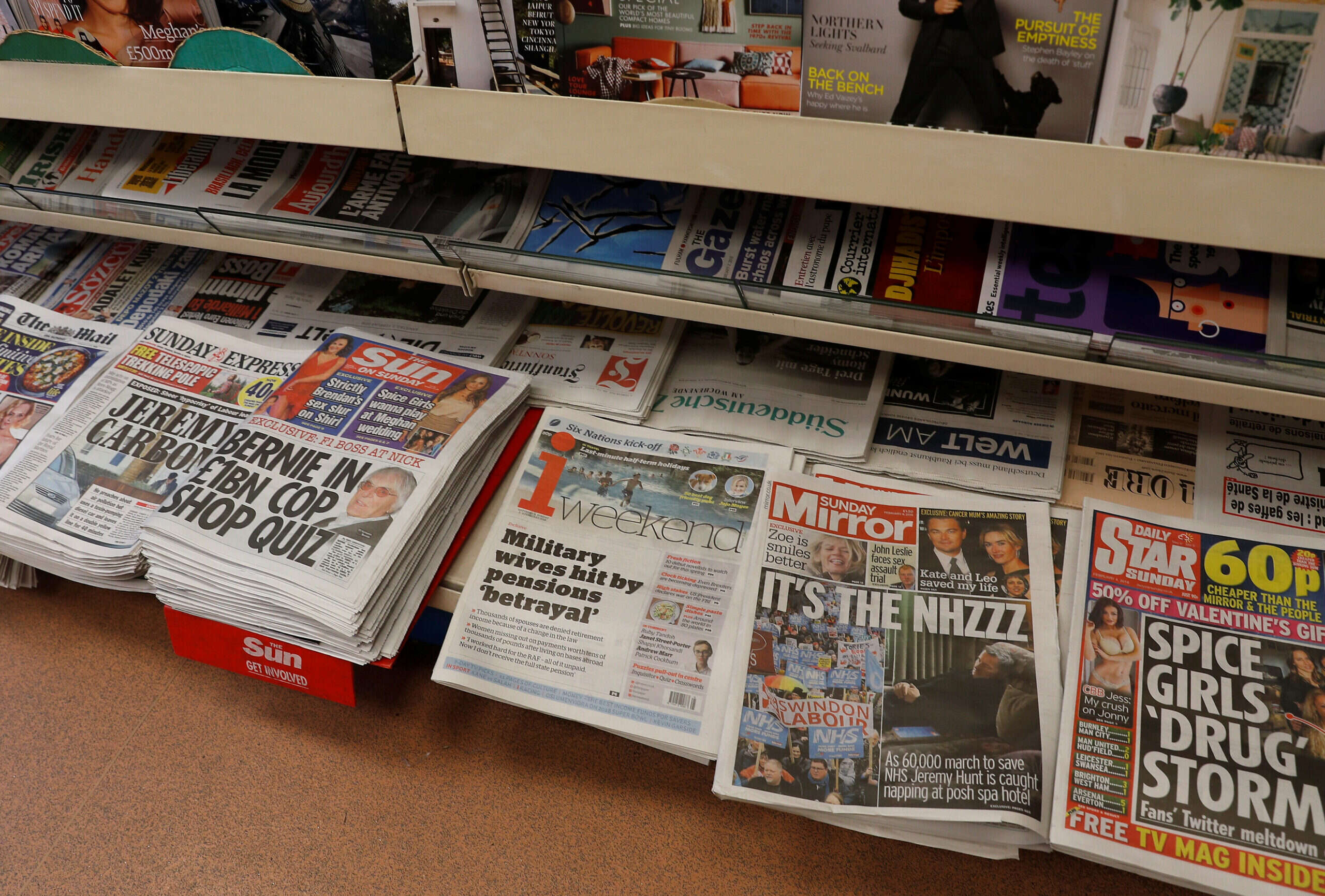
The press did not vilify Paul Ansell and there is no evidence editors sought to buy and publish stories about the private life of his partner Nicola Bulley.
But these two allegations have assumed the status of facts and led to calls for reform of press regulation.
A statement on 16 February from Nicola Bulley’s family said the release by Lancashire Police of personal information about the then missing mother-of-two was partly prompted by the claim there were “people out there threatening to sell stories about her”.
Some commentators quickly condemned the press for its role in this apparent trade. But an individual wanting to sell a story is a long way from editors buying and publishing it.
Given that a gross breach of the privacy of a missing person prompted the closure of the News of the World and collapse of press regulator the PCC in 2011, it is extremely unlikely that any bona fide news organisation (tabloid or otherwise) would be stupid enough to buy and the stories that unscrupulous people were apparently touting around.
On the second point, the family said on Monday following the terrible news that Nicola Bulley’s body had been identified: “Our girls will get the support they need from the people who love them the most. And it saddens us to think that one day we will have to explain to them that the press and members of the public accused their dad of wrongdoing, misquoted and vilified friends and family. This is absolutely appalling, they have to be held accountable, this cannot happen to another family.”
This has led to a suggestion from lawyer Jonathan Coad, speaking on BBC Radio 5 Live on Tuesday, that newspapers should come under the rule of Ofcom (which licences broadcasters and has the power to shut them down).
But there has been no vilification of Mr Ansell in the professional media (though much of this irresponsible stuff on social media).
Separately, Ofcom are investigating Sky News and ITV for contacting the family on Sunday as they digested the news that a body had been found in the River Wyre.
The Editors’ Code from press regulator IPSO already has clear guidelines on intrusion into grief and shock and it is worth noting that no newspapers have been accused of badgering the family in this case.
No reasonable system of press regulation could ever curb the amount of coverage that a case like this gets, or the tone of it. It can only deal with particular stories and the actions of journalists on a case by case basis. Other than Sky and ITV, no specific allegations of professional media excess have been made.
Far from making the case for further press regulation, this story suggests that Leveson may have changed press behaviour for the better. There has been no repeat of the excesses in previous cases, such as the Madeleine McCann disappearance in 2007 and the murder of Joanna Yeates murder in 2011, which led to massive libel payouts from multiple publishers.
On the family’s final point, however, publishers surely do need to listen: “Do the press and other media channels and so-called professionals not know when to stop? These are our lives and our children’s lives.”
As Liz Gerard notes in her review of press coverage of the case, there have been times when coverage has appeared gratuitous and if it has given people who only deserve our sympathy and support, not yet more anguish, then publishers must heed their pleas. Once the mystery of Nicola Bulley’s death has been fully explored at her inquest perhaps the story can be left behind and those ubiquitous handout pictures of her returned to the ownership of the family so that they can grieve in peace.
Email pged@pressgazette.co.uk to point out mistakes, provide story tips or send in a letter for publication on our "Letters Page" blog
